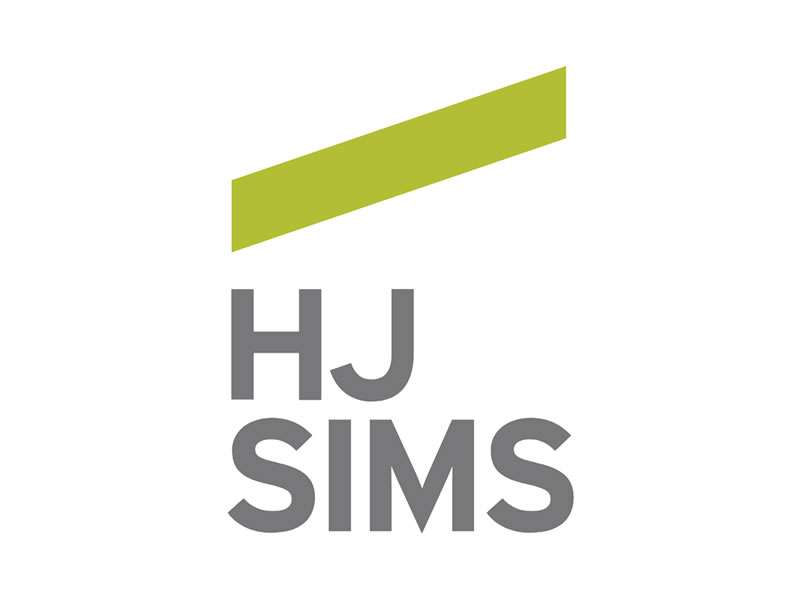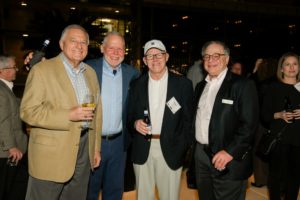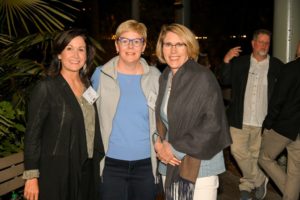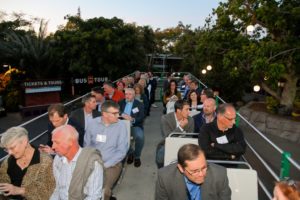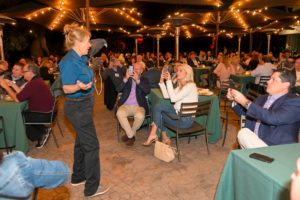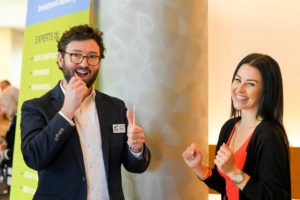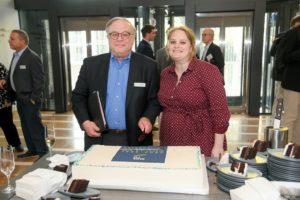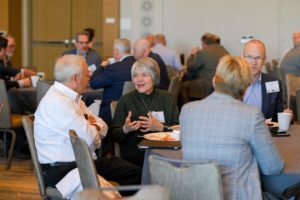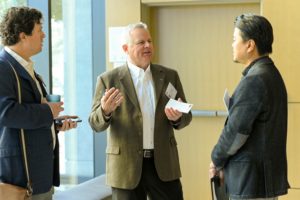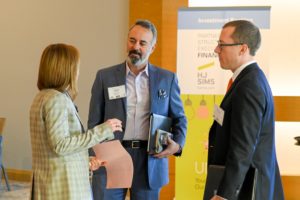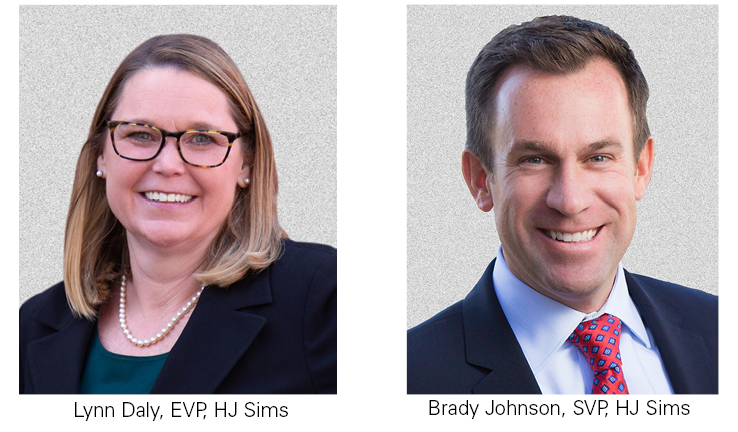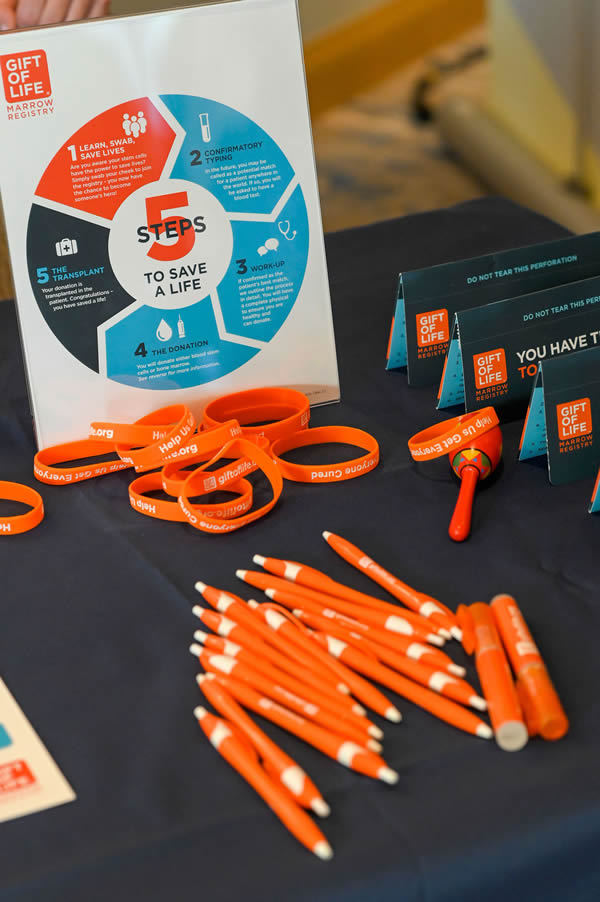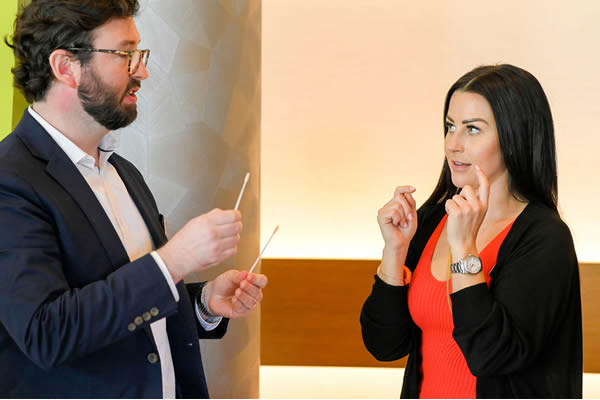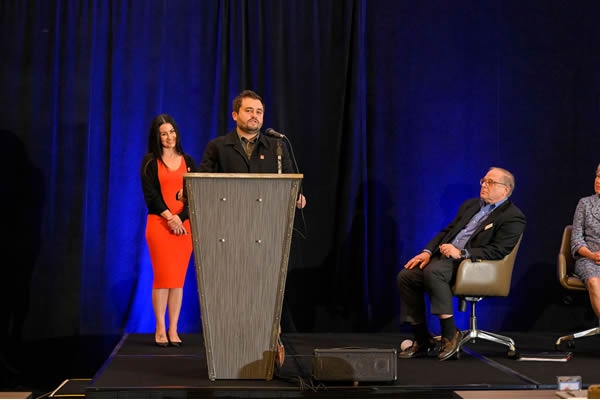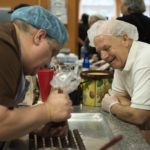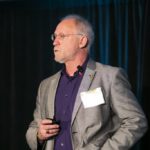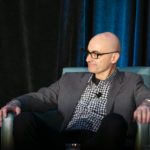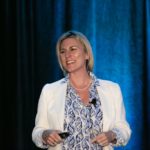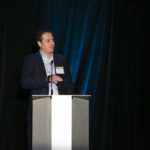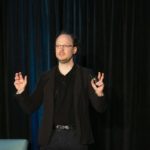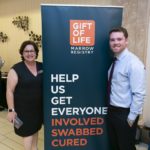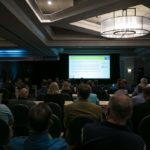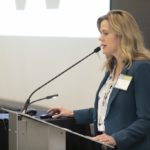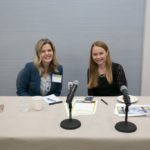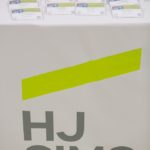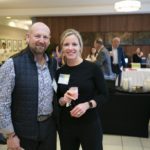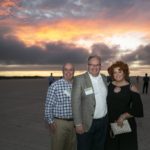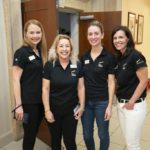One hour east of Austin, the small post-industrial city of Rockdale, Texas has been suffering through a bit of an identity crisis. Its roots date back to 1873 and its history is largely tied to the expansion of railroad lines hauling local cotton and coal. The salad days for this community began in 1920 when oil was first discovered. Life there only got better in 1952 when the Aluminum Company of America opened the largest smelting operation in the country, eventually producing 1.67 million pounds of aluminum a day for use in everything from U.S. skyscrapers to fighter planes. A Saturday Evening Post article immediately featured Rockdale as “The Little Town That Rained Money”, and these were happy days for everyone. Governing recently reported that, together with the adjacent power plant and mine, Rockdale Works employed about 2,000 locals at its peak. But in 2008, the company announced that it was shutting down all aluminum production due to market conditions. The plant started laying off workers and finally closed in 2014.
Things reached rock bottom for the small city and surrounding Milam County when both local hospitals closed, but then two miracles occurred. The high school football team won the 2017 state championship and the big Chinese company Bitmain arrived with a $500 million plan to build a mammoth plant with 325,000 cryptocurrency mining computers on the old Alcoa site. Unfortunately, the price of bitcoin plummeted in 2018, and the project was dramatically scaled back.
There was national media coverage of Rockdale’s bad turn of events, however, and the area came to attract the attention of another company: the Whinstone Group, a subsidiary of Germany’s Northern Data AG. Whinstone is now constructing one of the largest bitcoin computing mines in the world in Rockdale. So, there are now two crypto mining operations setting up rows of tall computer servers running the lengths of multiple hometown “Tiger” football fields. These mining machines will be used to build a blockchain needed to unlock as much as possible of the limited supply of bitcoins that becomes available. The world’s top operators run thousands of miners and consume massive amounts of electricity to obtain the cryptocurrency, but facilities in this city, county and state are now becoming global competitors. Texas has formed a Blockchain Council to make the state a leader in national blockchain growth, education and business development. Rockdale is simply hoping to become the Little Town That Rained Cryptocurrency.
Bitcoin, first proposed by an anonymous programmer in a 2008 white paper, is a decentralized, independent, digital currency, not regulated or associated with any one country or authorized by a central issuer. It made the headlines this week when Twitter was hacked and several noteworthy user accounts were used to post a crypto giveaway scam. Some consider cryptocurrencies to be worthless or fraudulent and there has been talk of a U.S. ban, but others such as the former chair of the Commodity Futures Trading Commission are lobbying for a U.S. central bank digital currency.
The cryptocurrency creation process is hard to explain as are the transactions which are performed in a network maintained by miners who process and verify them through algorithms. But there is no doubt that institutional demand for the end product is growing; Grayscale’s Bitcoin Investment Trust reported $1 billion of inflows in the most recent quarter. In addition, the pandemic has caused something of a coin shortage such that some banks are offering $5 for every $100 worth of coins brought in from piggy banks and couch cushions. Many businesses are no longer accepting paper currency for fear that it can be a vector for spreading coronavirus.
These days, we find that our lives and routines are changing in so many ways, perhaps permanently. Alternative currencies may in fact continue to become more popular. Major companies including AT&T, Expedia, Microsoft, and PayPal already accept cryptocurrency. At the time of this writing, one bitcoin is worth $9,361.16, up from $5,082.26 in mid-March, but down from its all-time high of $18,571.57 in late December 2017.
Money is all forms is central to every discussion at present. Federal grants and loans have rained on America since March. The Administration and Congress are debating a fifth aid package to extend unemployment assistance and provide additional funding for essential service providers. Furloughed workers are taking withdrawals from retirement accounts. Households are adjusting budgets to meet the new realities created by the pandemic. Students considering a return to campus are negotiating with colleges for more financial aid. Caribbean nations are selling residency certificates, passports and citizenships for major contributions. Corporations are borrowing at record paces. State and local governments, agencies, and nonprofits faced with major revenue losses are taking on new debt at very low rates and lots of investors are wrestling for access to their bonds. OPEC+ is adjusting production limits to maintain prices in the $40-$50 range. Law firms are filing wrongful Covid-19 death tort lawsuits in pursuit of high-dollar damages or settlements. With only 100 days to go until election day, political candidates are asking for lots more donations.
Earnings season began and the first few 2Q20 reports were terrible, as expected, but not as awful as some feared. Covid-19 cases have been increasing, the prospects for recovery remain uncertain, and many cities and states are starting to reverse some re-openings. But traders continue to look to every bright side. The Nasdaq has hit another all-time high and has gained 4.4% since the start of July; the Dow is up 3.3% and the S&P 500 has gained 4%. The investment grade corporate bond calendar totaled $11 billion last week, bringing the year-to-date total to an astonishing $1.2 trillion. The high yield corporate slate, led by Carnival Cruise and Norwegian, added up to $6 billion and mutual fund inflows exceeded $840 million. On the commodity side, gold futures have seen 6 weeks of gains. Oil prices have climbed 3.4% to $40.59 a barrel and gold is up 1.5% to $ 1,810 per ounce.
The U.S. Treasury has also strengthened in July, although not as much as tax-exempts. The 2-year is flat on the month at 0.14%, the 10- year yield is down 3 basis points to 0.62% and the 30-year at 1.32% has fallen 9 basis points. In the municipal bond market, customer selling was at the low point of the year last week and investors are refusing to part with their higher coupon holdings. Primary dealer inventory is at all-time lows. The new issue calendar this week should exceed $8 billion but that will not be able to satisfy the relentless four month-long demand. As of the close on Friday, the 2 -year muni AAA general obligation benchmark yield has fallen 10 basis points to 0.17% so far in July, the 10-year yield has fallen 15 basis points to 0.75% and the 30-year at 1.47% is down 16 basis points. The only thing placing a lid on a bigger rally is the unbelievable upswing in higher risk equity markets.
